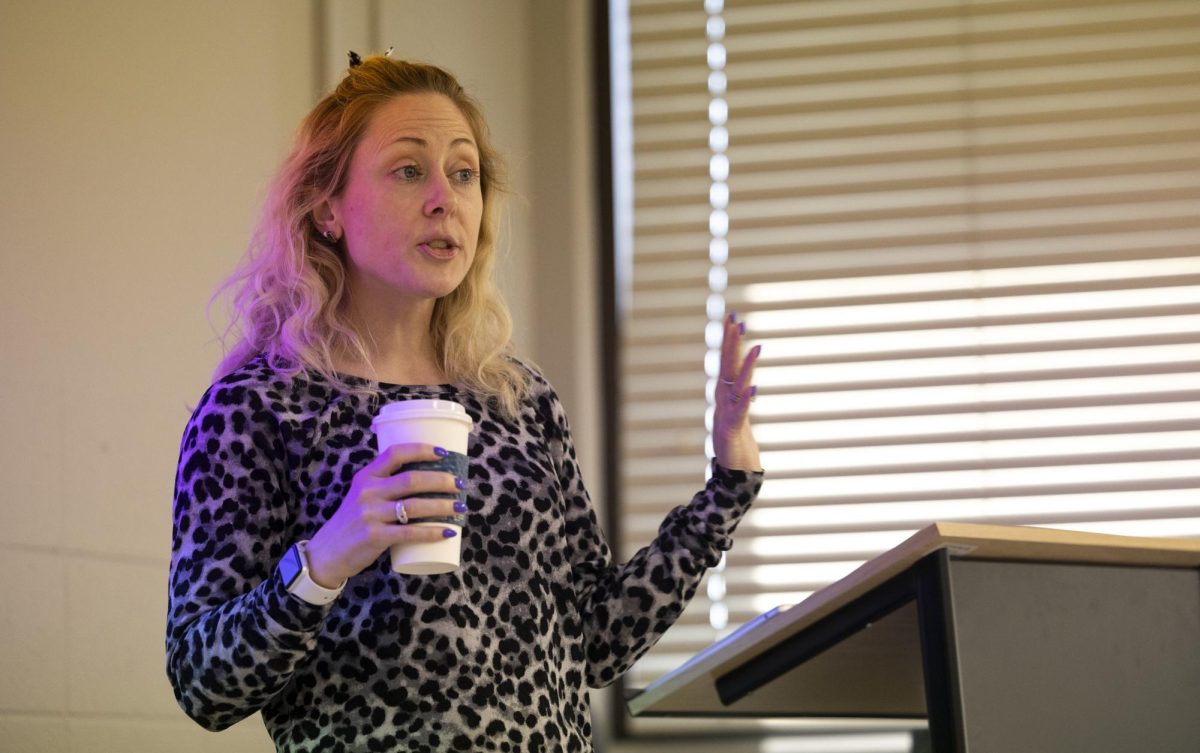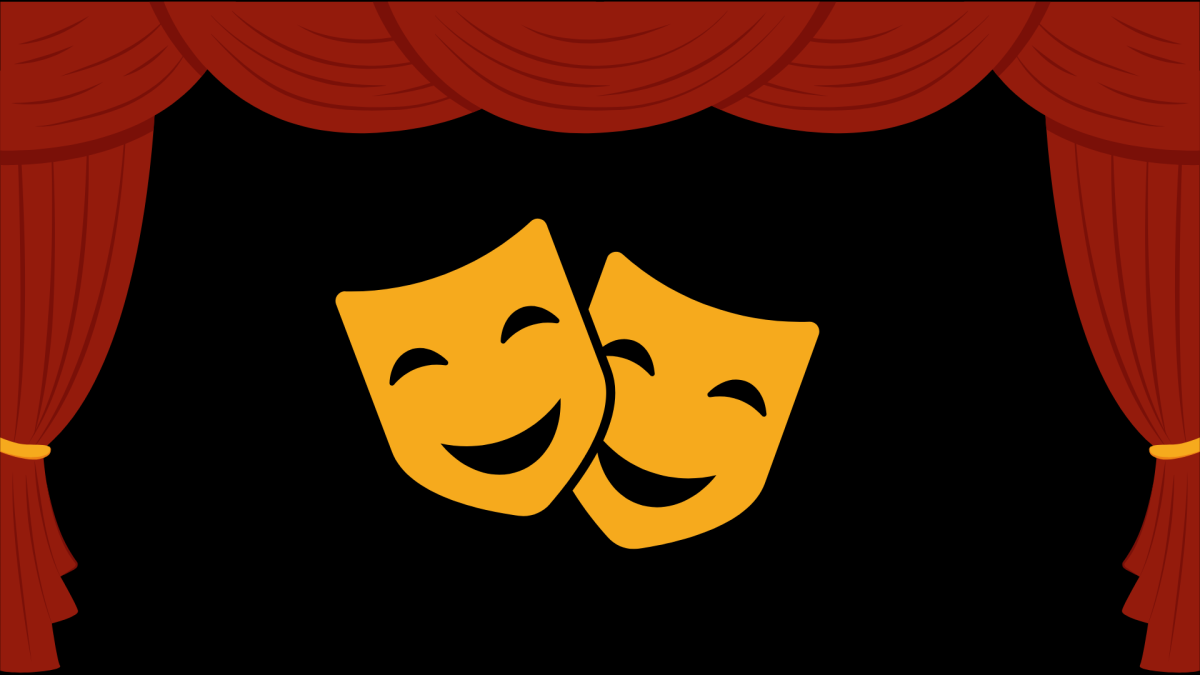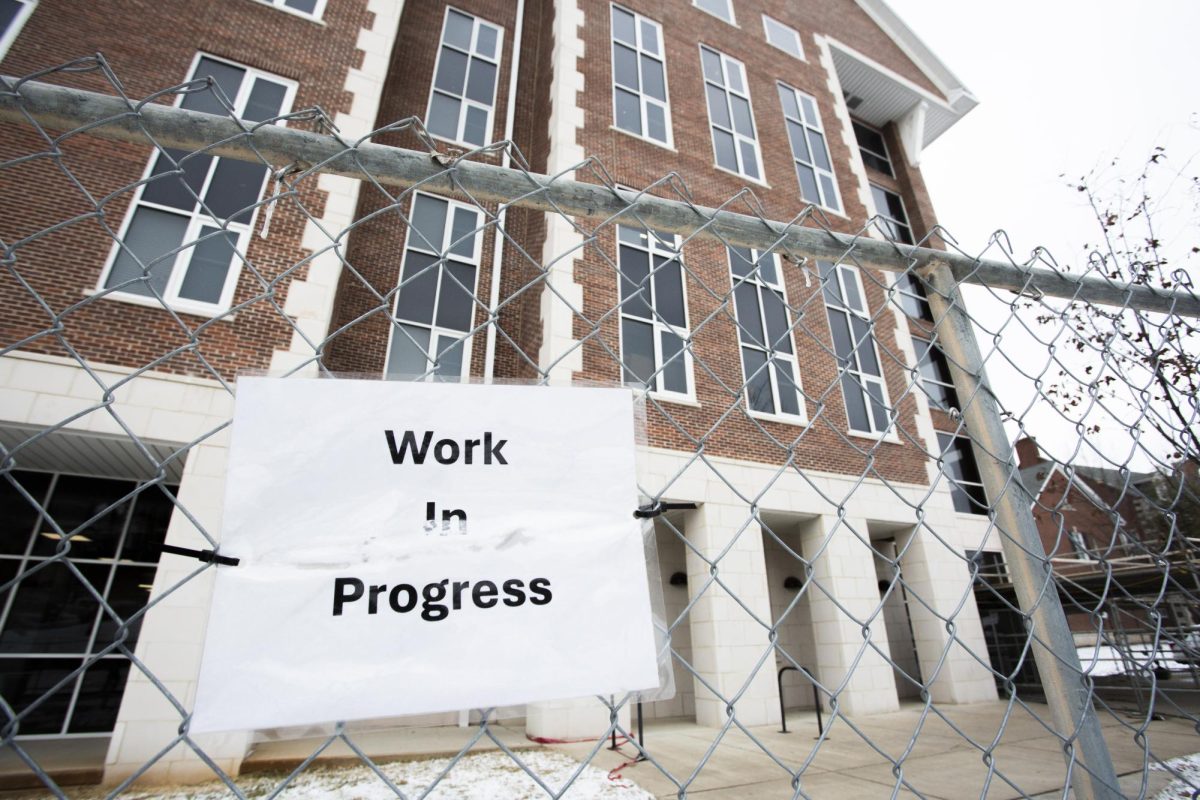Yearning to embrace my identity, trying to establish my place in the black community
February 24, 2018
As a biracial female student and an individual within the black community in general, Black History Month is a liberating time to embrace and find passion in my roots.
Confidently taking part and being an actor and member within one’s community is not something that just naturally unravels. Growing up and accepting that many people honestly do not value your emotions and seeing this as a consistent theme throughout large groups of people is disheartening as a child seeking pure friendship.
Speaking on my relationship with my blackness and how it is a part of my identity makes me feel extremely vulnerable. Vulnerable to the people who think that there are no more issues or that I have no experience. Vulnerable to people who do not see the importance of the month or understand my need to say any of this. And vulnerable to those interpreting my voice as whatever they perceive it to mean or dismissing it.
This is part of why I feel Black History Month and events and representation of groups is so important. It’s important because of how vulnerable I feel bringing up or discussing elements of my experience of being black in front of people, as if it is taboo.
This is not something I am trying to blanket over all people. Saying that everyone is indifferent to black voices and is eschew on their issues is ridiculous. I can only speak from my experience.
From my experience, though, I do not think there has ever been an environment where I have felt I could truly and honestly divulge to my feelings on racism and prejudice and this defining yet empowering aspect of my identity. Continuously throughout my life, the color of my skin has served as a sort of testament to my character.
I have watched it do the same for my parents, the two most in-love people I know who are married, raising biracial children in a world and society that does not understand their value yet.
I do not think people realize just how negative stereotypes shoved down a person’s throat can erode their mindset, how constantly having false misconceptions forced onto you can affect your perspective.
Former United States Senator Carol Moseley-Braun once said, “Defining myself, as opposed to being defined by others, is one of the most difficult challenges I face.”
But this is again where I stress that people do not care about your emotions. At a young age this is something I continuously would remind myself of whenever I felt the need to ask someone to refrain from using the “n” word or became offended by a joke. People do not care about your emotions.
Maybe this is where the vulnerability sprouted, but nevertheless there has always been an anxiety about announcing my pain and sharing my experience within the black community for me — a fear of being discredited or not wanting to be heard and knowing that we are still at a place in our society where people make assessments based off of preconceived misconceptions of others.
Building a relationship and establishing my place within the black community is something that I am still trying to figure out. Being surrounded by people and being in environments that foster connection within the black community and an appreciation and knowledge for the types of works African Americans have created is empowering. This type of acknowledgement is what Black History Month is built on.
We are pulling the attention to a group that usually isn’t shown equally for what they can do. Black History Month is for African Americans, and it is to say, “Look, we can do this too, and we can do it just as good if not better. You deserve everything just as much as anyone else.”
In one of my favorite poems by black poet Danez Smith he says, “Think: once, a white girl was kidnapped and that’s the Trojan war. Later, up the block, Troy got shot and that was Tuesday. Are we not worthy of a city of ash? Of 1,000 ships launched because we are missed? Always something deserves to be burned. It’s never the right thing.”
Opinion writer Ebonee Gabhart can be reached at 270-745-6291 and ebonee.gabhart700@topper.wku.edu.















